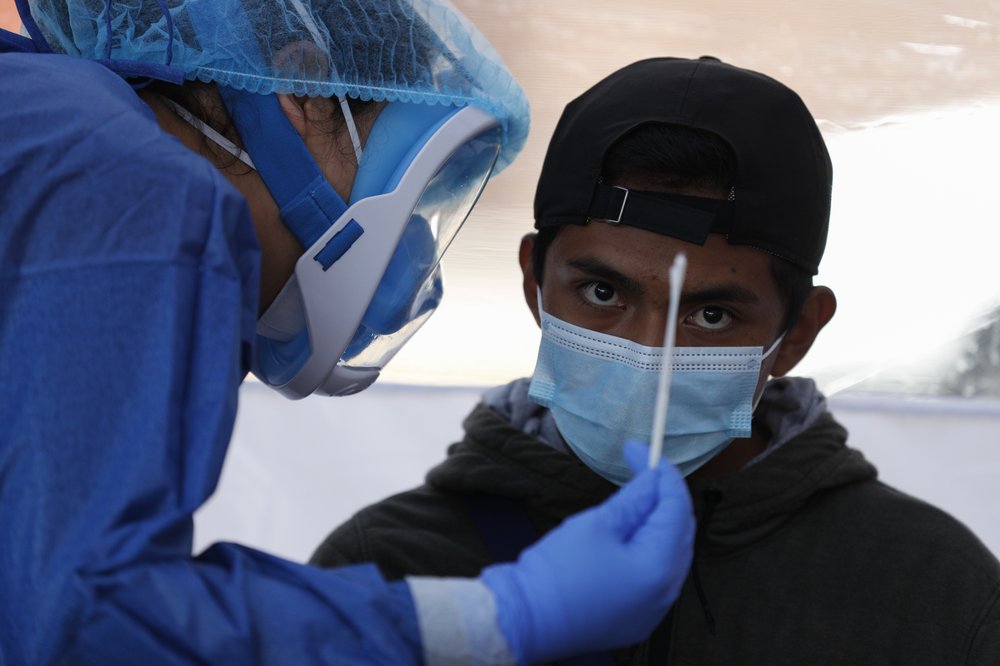Manitoba public health officials say there are six new cases of COVID-19 confirmed in the province.

The total number of lab-confirmed positive and probable positive cases in Manitoba is now 394. There are currently 68 known active cases and 319 people are reported to have recovered from the virus.
The number of Manitobans who have died from COVID-19 remains at seven.
A Winnipeg epidemiologist says while the increase isn’t what Manitobans want to see, it’s not completely unexpected.
“When we talked about our success before, it was ironic that it was a challenge — because people start losing vigilance, thinking ‘we’re done, it’s not circulating anymore, we don’t need to be as careful,'” explains Cynthia Carr of EPI Research. “I reminded people that this virus is tricky.”
Carr adds the virus’ incubation period of 10-14 days was nearly surpassed by the province’s streak of no new cases earlier this month — but that could be misleading.
“We went 13 days with no new lab-confirmed cases, but that doesn’t mean it wasn’t still circulating, and of course people travel, and there’s other things going on.”

Get weekly health news
“It just takes one case to come in. We’ve talked before about how exponential spread happens. One case becomes two, which can become 20 very quickly. We have to stay on top of things.”
While a lot of Canadians are settling into their new normal, and dealing with the virus — epidemiologists like Carr are just scratching the surface of what there is to know about the virus.

“We’ve learned this seems to impact the cardiovascular system, which is both good and bad.”
While that might sound odd, Carr explains the world’s increasing knowledge is good, no matter how terrible the effects may be.
“Now we’re understanding more about where the impact is, and what the treatment options are — because there are some good treatment options for consequences impacting the heart, those kinds of things.”
Research has also shown the virus can cause long-term health effects, far beyond the 14 days it typically takes to get over the virus.
“With the cardiovascular system and blood flow, there are all kinds of different areas that can be affected. It might take a very long time to get back to normal. We’re seeing different impacts in kids with their immune response, and what might be going on with them with this sort of auto-inflammatory disease.
“There’s lots we’re learning as we go — whether or not you can be re-infected, and how long auto-immunity even lasts.”
When it comes to vaccine research, there are several promising trials underway — but there’s still months of trials and research to be done.
“For a vaccine to work, we have to have durable immunity. That means you have to have a vaccine where your body understands the coaching, and develops the antibodies to fight the illness — and they stay around for a while.”









Comments